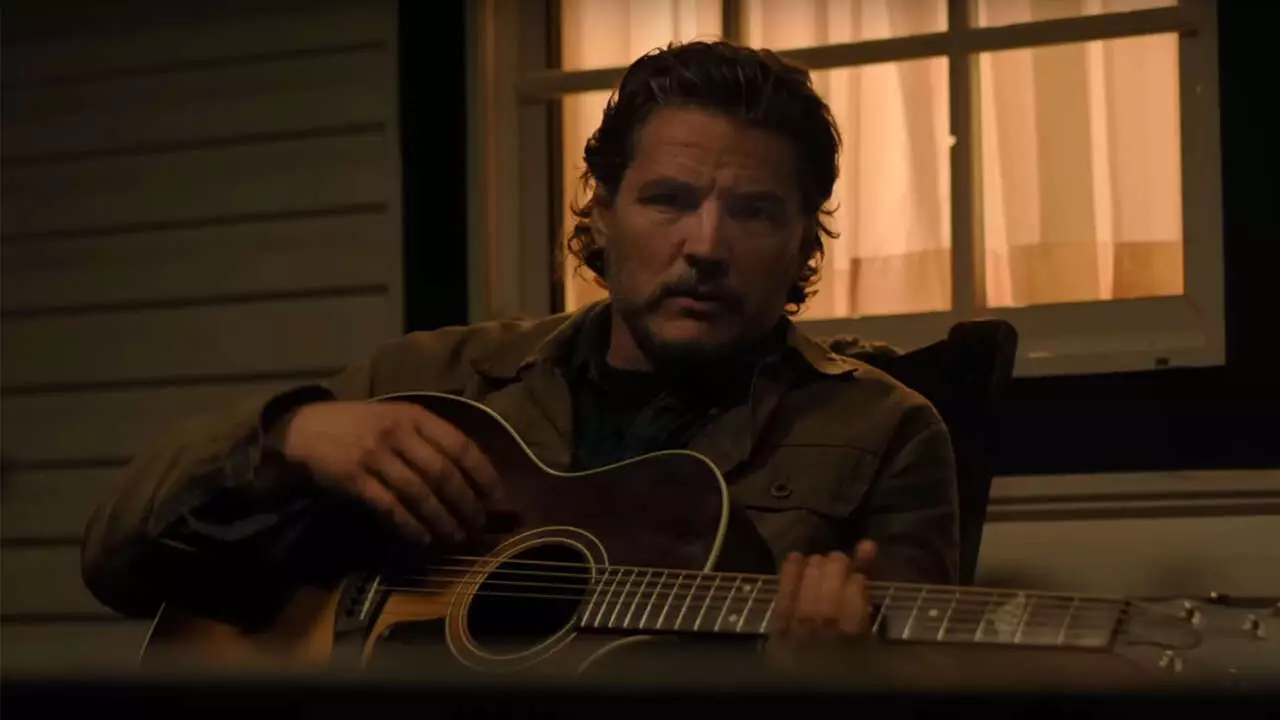In a recent conversation, Neil Druckmann, the creative mind behind The Last of Us franchise, hinted that the next installment in the video game series, specifically The Last of Us: Part 3, might never come to fruition. This revelation has ignited debates among fans regarding the future of a saga that has captivated audiences worldwide. More intriguingly, Druckmann suggested that the acclaimed HBO series could very well serve as the ultimate conclusion to this powerful narrative. The notion of an ending weighs heavily in his creative process, as he stated in an interview with IGN.
Druckmann emphasizes the importance of providing a “definitive ending” for the series, reflecting his desire for closure that resonates with both existing fans and potential newcomers. Having previously crafted a story with uncertain prospects, he seems to recognize that its narrative journey deserves a thoughtful conclusion. For Druckmann, leaving no stone unturned is crucial. This meticulous approach toward storytelling, coupled with a drive for finality, highlights the profound responsibility he feels toward the world he has built. It sparks an essential question—should franchises continually extend their reach, or should they embrace a graceful exit at their peak?
Challenges of Complexity and Adaptation
Druckmann’s commitment to give The Last of Us a memorable ending comes at a time when he’s juggling significant projects, including The Last of Us Season 2 and the potential Season 3, if renewed by HBO. His hands-on approach to overseeing these adaptations underscores both the complexity of the narrative and the challenges of translating that complexity from game to screen.
With each season, the emotional stakes intensify, bringing deeper character explorations and plot intricacies that may not align seamlessly with game mechanics. Fans should be prepared for some shifts in character portrayals, particularly when it comes to Kaitlyn Dever’s Abby, a decision that has elicited curiosity and concern. Druckmann’s determination to adapt these elements reflects his ambition to elevate the story beyond the confines of gaming conventions, yet this endeavor comes with its own unique set of challenges.
The Other Side of Creation: New Ventures Await
In addition to bringing The Last of Us to its concluding chapters, Druckmann is venturing into new territory with his work on Intergalactic: The Heretic Prophet, a project rumored to be years away from release. This speaks volumes about the evolving landscape of storytelling in the gaming industry and the increasing demand for innovative narratives. With a potential wait until 2027 for the new title, it becomes apparent that Druckmann’s creative vision is multifaceted and far-reaching.
This duality of his projects raises pertinent concerns about creative bandwidth and execution. Can one storyteller genuinely serve multiple narratives effectively, or does multitasking inevitably dilute the impact of each? As audiences anticipate the future, it will be telling to observe if Druckmann can master this balancing act, weaving fresh tales while bringing closure to a beloved saga.
The stage is set for an intense narrative finale in The Last of Us saga, yet it also heralds exciting new beginnings for both creators and audiences alike. The industry must grapple with the fate of franchises and the meaning of closure as we venture further into this compelling storytelling universe.


Leave a Reply